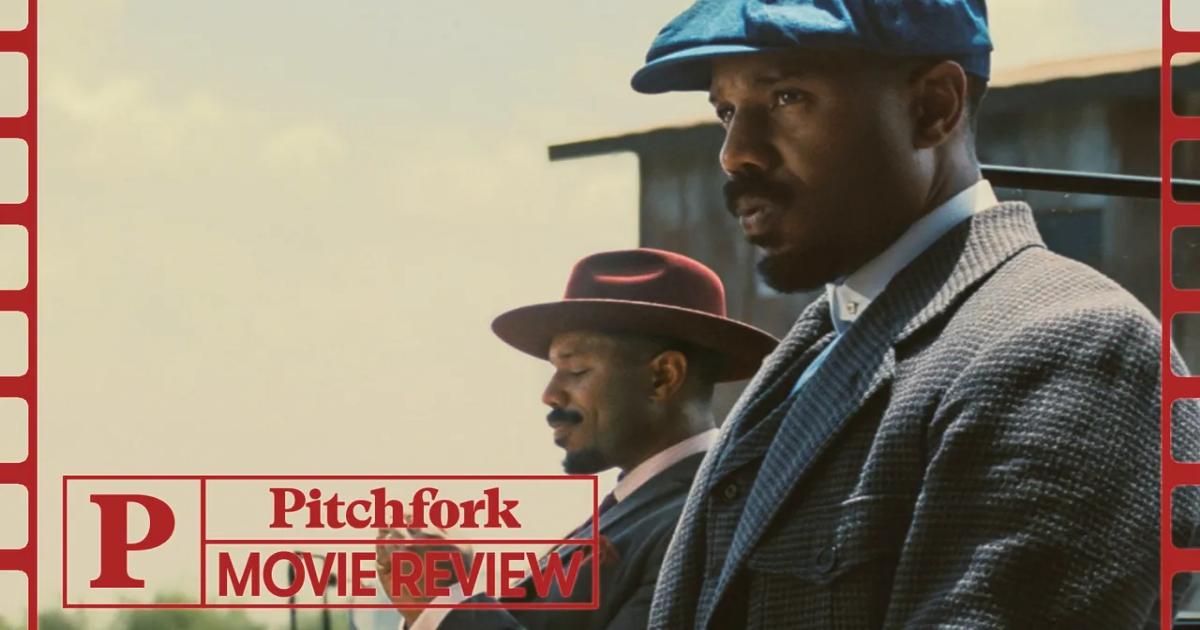In interviews ahead of its release, Coogler described his decision to make Sinners as a personal one, born of the anxiety that his franchise entries had not allowed the audience to really know him. This might be true, but both Creed and Black Panther are successful because they are the unmistakable product of a single artist exercising his style and taste. While Black Panther eventually descends into the sort of semi-coherent CGI combat that defines Marvel movies, the political schism at its center is one that he had clearly considered in great depth (and one on which he seemed to side with the film’s nominal villain, played by Jordan). Time and again, Coogler has shown the ability to realize his vision even when that means dancing through studio notes or making Sly Stallone think it’s a good idea to sit in his trailer instead of come to story meetings. As unlikely as it may seem, his filmography already scans as uniquely his.
But that specificity, that exertion of agency, comes largely in those films’ first two acts. Where Sinners goes beyond Creed and Black Panther is in the latitude it has to make its climax articulate its themes. Smoke and Stack (both Jordan, one performance more pensive and the other dripping in charisma) are twins who were feared throughout the Mississippi Delta before moving north to serve, as they tell it, as enforcers for Al Capone. It’s 1932, and they’ve returned—possibly having fled after playing Chicago gangs against one another—with plans to open a juke joint. They throw the established local blues players enticing amounts of money to perform. Their real coup, though, is recruiting their teenaged nephew, Sammie (newcomer Miles Caton), the son of their preacher uncle and a preternatural musical talent, whose playing is so good it can can not only collapse time and space but also summon evil in the form of an eldritch Irish vampire (a charming Jack O’Connell). It’s a good booking, with some liability.
When O’Connell and his trio of newly undead folk musicians attempt to invade their opening night party, the fault lines between the brothers’ philosophies, between the white and Black populations of Mississippi, between Irish and African folkloric traditions, and between Sammie’s roots and his ambitions are all ruptured wide open. And so Sinners is the rare blockbuster with big ideas that are explored rather than shoehorned in via didactic monologues—the dialectic it proposes between a virtuous eternity and one borne of evil would be hard, though maybe not impossible, to tack onto the Rock ‘Em Sock ‘Em Robots adaptation—that can also accommodate an army of Riverdance predecessors having their entire fucking skulls blown clean off.
